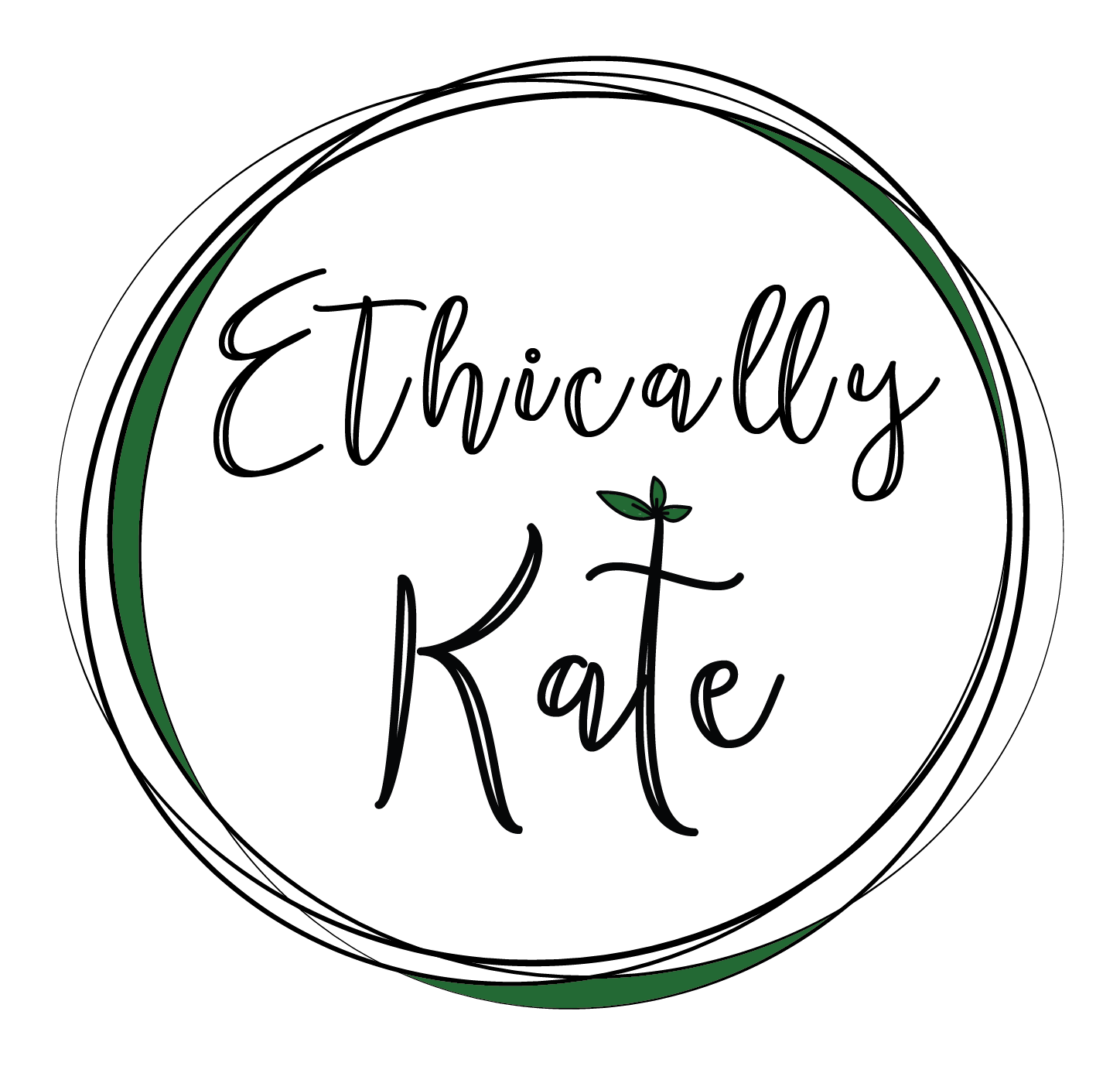Top 5 Reasons Auckland Zoo’s Education Sessions Are A Must For Kiwi Kids
Auckland Zoo is known for a fun day out or birthday party location (I recently celebrated my 28th birthday there) but what we often forget is that Auckland Zoo is a major player in the conservation space in Aotearoa New Zealand.
It plays a crucial role through breeding programmes, education initiatives, and partnerships with conservation projects. Auckland Zoo focuses on protecting native species and habitats, educating the public about biodiversity, and collaborating with national and international organisations to drive impactful conservation efforts.
I had the pleasure of visiting Auckland Zoo to learn about their leading education learning sessions that are available for Year 0-13 students.
There are many reasons to love these sessions, but here are my top 5.
1.Led by expert education facilitators.
Expert facilitators lead the programmes, ensuring that the content is interactive, engaging, and tailored to suit different age groups and learning levels. Even though I no longer fall into the age group of Year 0-13, I had so much fun learning from facilitator Lizzy. Gosh the kids and teachers who get to do these sessions are lucky! Lizzy was just the right amount of fun versus educational.
I met a few of the other facilitators on our journey through the office too and you can tell these people love their work. The expert facilitators are equipped to answer all sorts of questions (which we all know kids are the best at!) and are constantly working on updating the sessions to make them more educational, memorable, and intertwined with Te Ao Māori. You can meet the facilitators here!
The facilitators and programme developers also make sure the sessions complement the New Zealand curriculum so they’re on the same page with what kids are learning in the classroom.
A few of the sessions to choose from:
Awesome Aotearoa (Year 0-13): What has shaped New Zealand’s biodiversity?
Adaptations (Year 0-13): How have animals adapted to their habitat? Observe animal features and behaviours in action!
Zoo Care (Year 0-13): Taking care of our animals every day in a way that ensures their overall wellbeing.
Sustainability (Year 0-13): What does living sustainably look like and why is it necessary?
Protecting Aotearoa (Year 5-10): Learn how Aotearoa is home to unique animals which face modern day threats from introduced pests.
2. Interactive and experiential - not boring.
Kids spend all day everyday in a classroom; that’s why these sessions are so brilliant. They involve doing and seeing rather than simply listening.
Lizzy and I had fun using different elements to build happy habitats for various animals. I had a peep at the slides Lizzy uses for the classroom section of the programme too. The topics ranged from ‘What does an animal need in a healthy habitat?’ to ‘How can you best care for your pets?’ Even though this part of the session is in a classroom, the learning is interactive, involves puzzles (my favourite), and involvement from everyone in the room.
The sessions are tailored differently depending on if you’re an early childhood, primary, secondary, and tertiary group. For younger learners, the interactive elements might involve interactive storytelling and animal observations that spark curiosity and empathy for wildlife. For older students, the focus shifts to more complex discussions around conservation challenges and solutions, encouraging critical thinking.
3. See amazing animals.
It’s one thing to see a picture of an animal in a text book, but to learn about the animal and then see it with your own eyes… That's magic. Depending on what session your group chooses, you’ll get to walk past some of the animal habitats and see who’s hanging out. I passed by the tigers and said hi to Cayha, the 10 month old tiger cub. My favourites were the orangutans - kindred spirits with their long ginger locks.
4. Connect with nature.
One of the things that stuck out to me when chatting with Lizzy, the facilitator, was that some kids aren’t exposed to nature and it’s their first time in environments like the lush bush of Te Wao Nui where the Awesome Aotearoa session is held. Having grown up in primary and high schools incredibly close to the ocean, bush and with multiple green spaces on school grounds, I always took that for granted.
Yes, Auckland Zoo’s education sessions are super informative, but the unique way they happen outdoors (the amount of time spent outdoors varies depending on which session you pick) is a huge win. The mental, psychological, and learning benefits of spending time outdoors are irreplaceable.
5. Students takeaway actionable conservation tips to implement in their own lives.
I saved this benefit for last because I think it’s the most important. You could talk for hours about how litter isn’t good for our local wildlife or how outdoor cats are devastating for our native birds, but without actionable recommendations that show why this information is relevant to the students, the session would seem a waste.
Conservation actions and takeaways are woven into every session, motivating students to consider how they can positively impact their communities and the environment. These sessions aren’t just about observing animals - they focus on building future conservationists and fostering a sense of responsibility for protecting New Zealand’s unique wildlife and habitats.
Beside the seal habitat, Lizzy took out her bag of goodies and showed me a lunch box filled with different options. Plastic wrap and beeswax were compared, mini packets of chips and containers of them, plus other various low waste versus wasteful lunchbox options.
Auckland Zoo’s education sessions provide a valuable opportunity for students and teachers to connect with nature, engage in experiential learning, and become informed advocates for conservation. I’m often asked how I hold onto so much hope when it comes to the future of the world. One of the most hopeful things for me is knowing the next generation of environmental stewards are brewing away; and it’s because of sessions like this!











